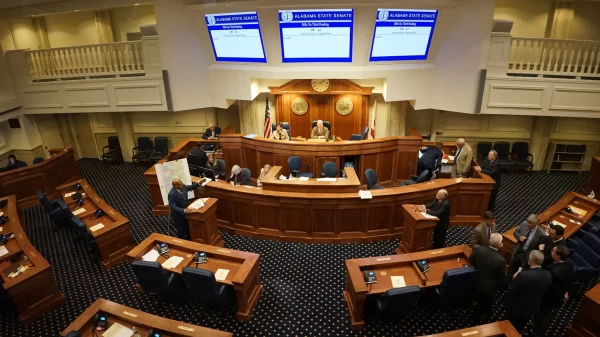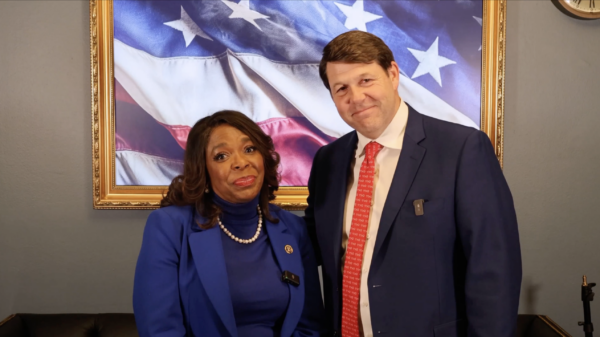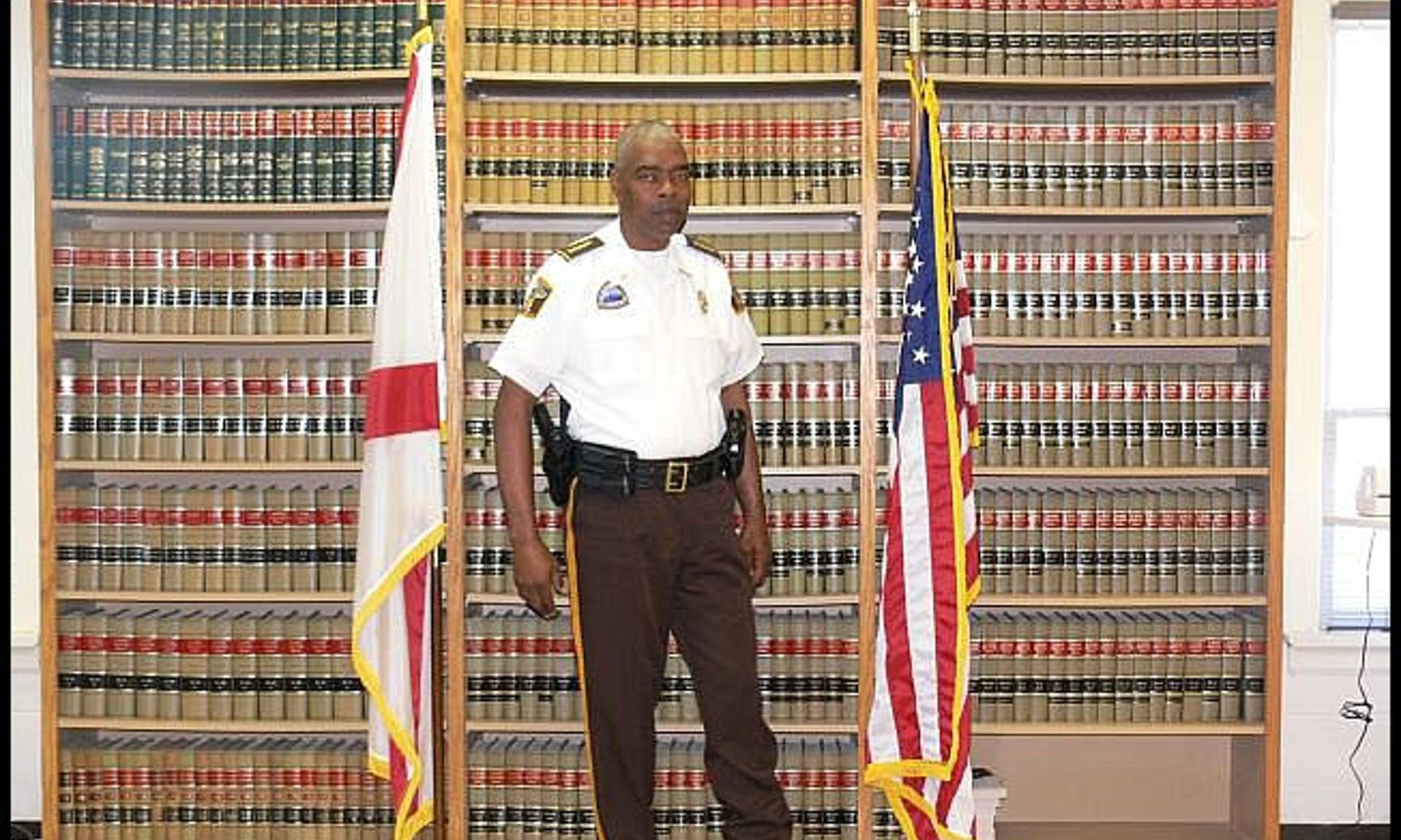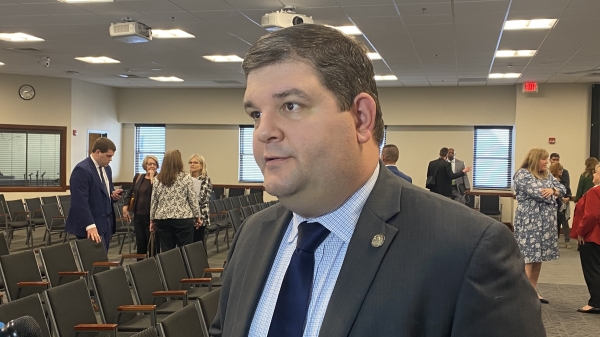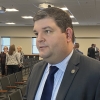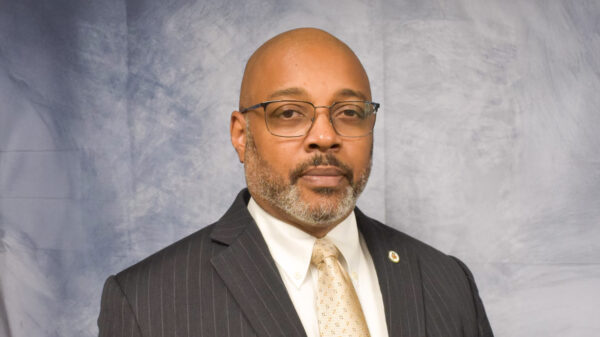A panel discussed reforming Alabama’s prisons at the Conservative Leadership Conference in Florence Saturday.
State Senator Cam Ward, R-Alabaster, is Chairman of the Senate Judiciary Committee and serves on the state prison task force. He is also a Republican candidate for Alabama Supreme Court, Place 1.
“Prison reform is a very vague term,” Ward said.
Ward warned that the state is under the threat of federal receivership of its prison and “It is going to cost money,” to satisfy the federal courts and the Department of Justice.
Recidivism is the rate that convicts re-offend once they are released. Decreasing the recidivism rate is a key component of addressing prison overcrowding.
Rich Anderson works with the Alabama Attorney General’s office.
“There are plenty of folks in prison that don’t want to do anything else,” Anderson said.
“There is an old saying that you can lead a horse to water; but you can’t make him drink,” Anderson said. “I want to make sure that there is water to be had if these guys want to drink.”
Chris Connolly is the Lauderdale County District Attorney.
“If they are selling drugs in Alabama they need to go to prison,” Connolly said.
“Taking away local discretion is a bad thing to me,” Connolly added on proposed sentencing law changes.
Mary Windom is the presiding Judge of the Alabama Court of Criminal Appeals. Windom is running for re-election in the Republican primary for her Place 1 seat.
She thanked Ward for working with her on reducing the number of frivolous appeals of criminal verdicts. It took two years for the Legislature to understand.
“40 percent of them (inmates in Alabama’s prisons) have a mental health issue,” Ward said. 76 percent of them are there for violent crimes.
Anderson said that Alabama currently has 175 people on death row and the AG’s office only has eight lawyers in our division to handle all of those appeals from death row inmates.
Windom said that she and the other judges on the Court of Criminal Appeals have a large caseload.
“The five judges on the court of the criminal appeals handle all of those case plus every other criminal appeal,” Anderson explained. “One of the frustrations is how long death penalty cases take.”
Anderson said that many of those filings by defense teams in death penalty appeals cases are two hundred and three hundred pages long.
Connolly said, “David Riley executed a guy who was doing his job in a liquor store. Everybody knows he did it. If it (the death penalty) were real he would be dead.”
“It takes twenty years,” Connolly said.
“It is down to fourteen,” Ward answered.
“It needs to happen sooner,” Connolly replied. A guy like David Riley should already have been executed. “The problem is that the appeals never end. Justice delayed is justice denied.”
Rich Anderson blamed “Fake News” for creating a “false narrative” that there are lots of innocent people convicted of a crime. When there is a retrial and a guy like me can’t find the witness from twenty years ago that person is released and the defense claims he was exonerated and not guilty of the crime in the first place. That is not true.
“They are poisoning the public with that the prosecutor is not a minister of justice,” Anderson said. “That is a problem in our country this false narrative that we have all of these people. Exoneration is a false narrative.”
Ward said that exoneration is only a small part of criminal cases.
“I have been a defense attorney,” Connolly said. “I know how that game works.”













